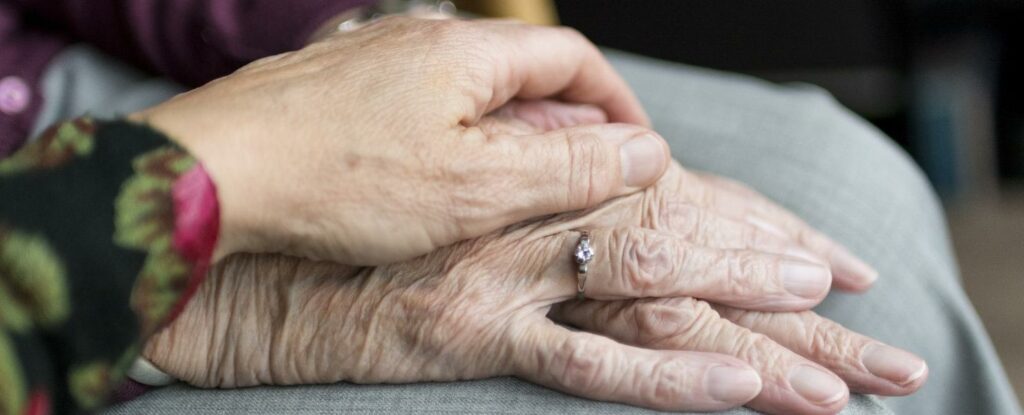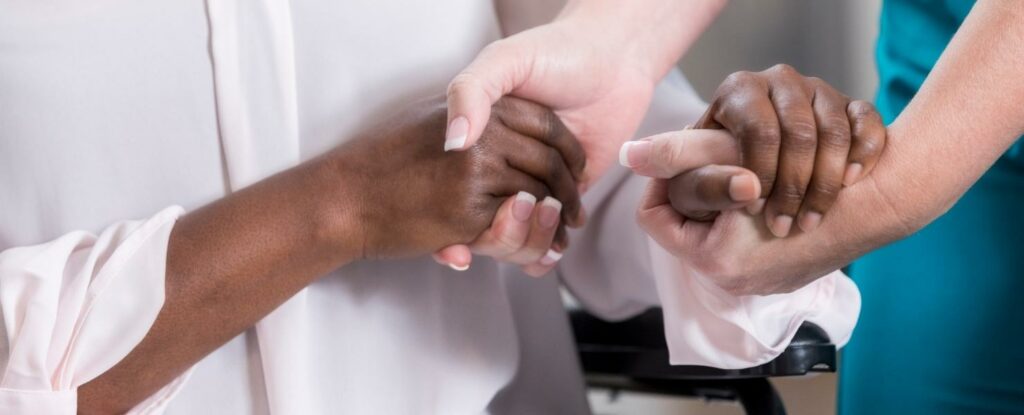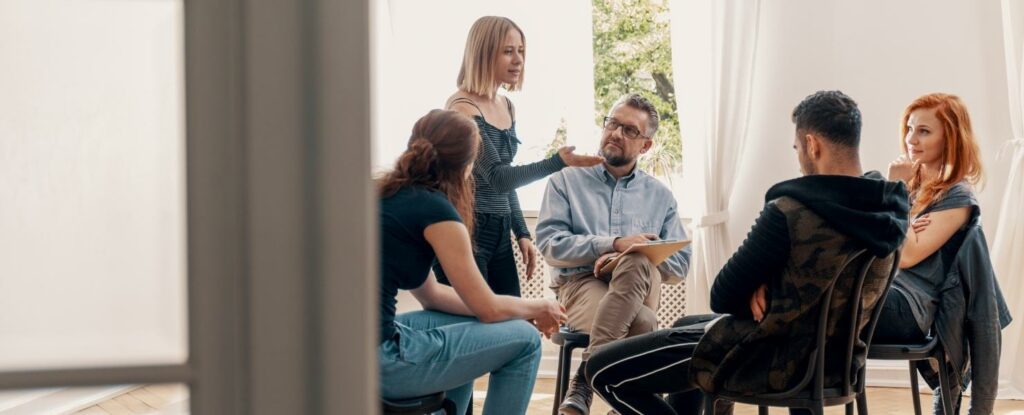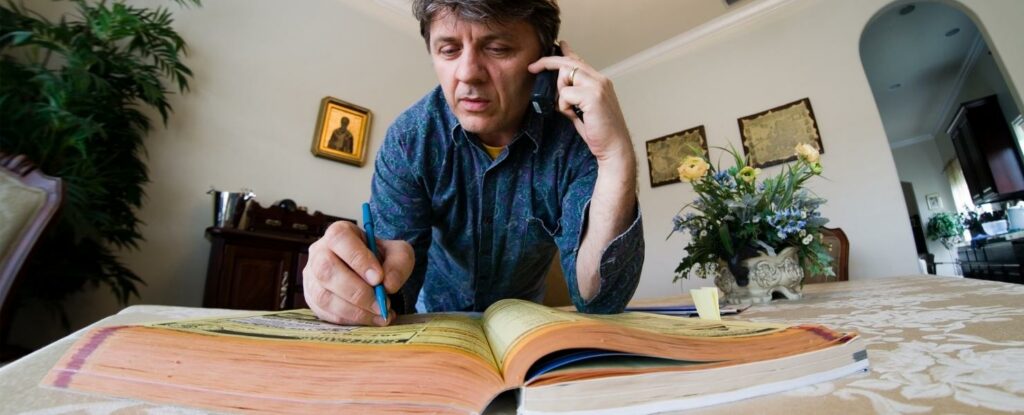End-of-life doulas are a new resource to help care for someone who is dying or who has died and their family. They are there for support through the process and to help their families handle the tasks after a loved one has passed.
Also called “death doulas” or “soul midwife,” this emerging group works with families to take care of a person who is terminally ill, provide information and support, and prepare the body of a person who has died for a home funeral.
Here’s more about what death doulas do and how their role differs from funeral directors.
So Just What Is a Death Doula?



A death doula is someone giving non-medical support and comfort to a person who is dying and their family, according to the National End-of-Life Doula Alliance. This can include emotional, spiritual and practical care.
Some people are turning to death doulas to facilitate a “good death” experience versus one where the person dying feels ignored or doesn’t feel at peace before they die.
Death doulas are part of what’s called a Death Positive movement, aimed to reduce some of the anxiety around death and to help eliminate inequality that can even take place at the end of life.
If you’ve ever heard of a birth doula to assist with the birth of babies, then an end-of-life doula is similar.
What Is It That a Death Doula Does for a Person Who Is Dying?



Many times, an end-of-life doula will provide companionship and support. Here are just a few examples:
- Listening to the dying person
- Answering questions
- Watching TV or reading together
- Helping to write letters to loved ones
- Talking about end-of-life wishes
- Helping the person who is dying accept things that have happened in the past
A death doula will likely do other things beyond what’s listed above. Each person working as a death doula will bring certain skills and strengths to the job.
What Does a Death Doula Do for the Family?



There are a whole host of tasks that an end-of-life doula will do for the family of a dying person. These tasks could take place before or after the person dies. Some examples of things that a death doula may do for a family include:
- Be a resource for funeral and burial planning
- Facilitate conversations among those affected by the death
- Suggest and facilitate meaningful ways to say goodbye
- Bathe and dress the person who has died
How Is a Death Doula Different From a Funeral Director?



There is some crossover between what a death doula and funeral director do, although most of it is related to what happens after a person dies. Funeral directors usually are involved once a person has died, while a death doula often becomes part of the experience of death before someone dies. During the latter time, they provide support to the family and to the dying person.
In some cases, the death doula may perform work that a funeral director does, such as washing and dressing the body, filling out paperwork, and helping to arrange funerals and burials.
However, end-of-life doulas are not competition for funeral directors. Instead, they complement what funeral directors do.
How Is a Death Doula Different From a Hospice Workers?
Hospice workers typically focus on medical care for a person who is dying. Death doulas provided non-medical support. Sometimes, death doulas also will work for a hospice organization.
Can a Death Doula Embalm a Body?
No, unless they have the licensing specific for their state to do this task. Funeral homes usually have someone on staff who can handle embalming. Death doula training does not currently include embalming.
How Does Someone Become a Death Doula?



The organization National End of Life Doula Alliance provides training for end-of-life doulas; there also are other private groups that have training programs. There also are other groups for death doulas, such as the Lifespan Doula Association.
Who Might Make a Good Death Doula?
There are many people who have the potential background to become a death doula. A person who helps with the birth of babies could make an excellent end-of-life doula as well. Social workers, grief counselors, hospice workers, clergy, and medical workers would likely have the skills needed to become a death doula. Sometimes,personal grief experiences may spur the desire to become a death doula. A 2021 New York Times article profiled a mother who became a death doula after her daughter died.
What Type of Training Do End-of-Life Doulas Receive?



Training programs vary, but the National End of Life Doula Alliance lists some general categories included in doula training:
- Bereavement
- Communication skills
- The doula model of care
- The dying process
- Hospice conditions of participation
- Immediate after-death care
- Legacy and life review
- Non-medical comfort care modalities
How Do You Pay for a Death Doula?
Some are paid by the hour, others may charge for specific services provided. Others are volunteers, particularly if they are new to the job.
If You Want to Use a Death Doula, When Do You Contact One?
This is up to you.You can contact a death doula when a loved one receives a terminal diagnosis. Or, you can contact one as that person starts actively dying or even after the death.
How Do You Find a Death Doula?



More hospice and palliative care organizations are using or are aware of end-of-life doulas, so they could potentially provide a name or names. The End of Life Doula Alliance also has a membership list. The group currently has more than 1,000 members in 49 states, the District of Columbia, and 12 countries.







